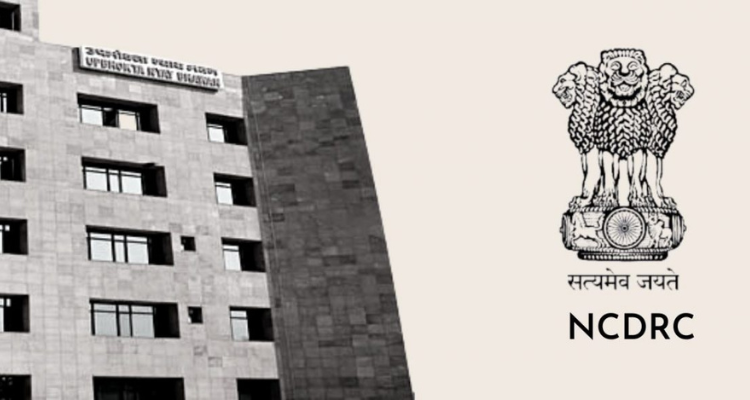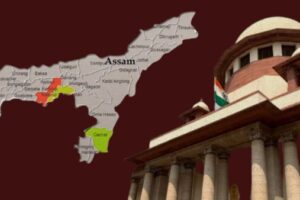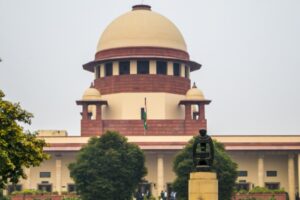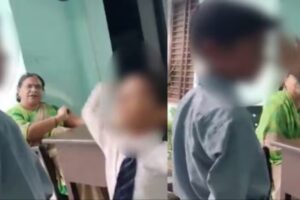
The Supreme Court reprimanded two NCDRC members for violating a March 1 order against coercive actions towards a real estate firm. Justices Hima Kohli and Ahsanuddin Amanullah issued a contempt notice for their issuance of NBWs, despite the court’s stay order. The members, Subhash Chandra and Dr. Sadhna Shanker, appeared in person but failed to convince the Court with explanations of unintentional lapses.
Following discussions with them and their counsel, the Court reiterated dissatisfaction, warning of serious consequences for non-compliance.
AG’s Apology Falls Short: Court Remains Unimpressed
AG Venkataramani apologized on behalf of the NCDRC members, asserting that their mistake was unintentional. “I sincerely apologize on their behalf… Please don’t interpret it as deliberate. Perhaps, I failed to communicate,” he stated. Despite this, the Court remained unimpressed. “NBWs were still issued,” observed Justice Kohli, expressing dismay. Justice Amanullah criticized the actions as a mockery of the court and emphasized the need for immediate withdrawal of the order. AG Venkataramani appealed for leniency, suggesting further explanations from the members, but the Court maintained its stance.
Belief in Irrevocability: NCDRC’s Explanation Raises Eyebrows
The NCDRC members explained their belief that they couldn’t retract their order once issued. Justice Kohli countered, highlighting the gravity of the situation regarding life and liberty. Justice Amanullah criticized the refusal to comply, seeing it as a direct challenge to the Supreme Court’s authority. When NCDRC member Chandra acknowledged the mistake, the Court pointed out inconsistencies with their affidavits and stressed the senior government officer’s limited assistance. They expressed that under normal circumstances, they wouldn’t have summoned them.
Contempt Notices Issued: NCDRC Members Directed to Explain
The Court proceeded to issue contempt notices to the two members, directing them to justify why they shouldn’t face contempt proceedings for disobeying court orders. Additionally, the Bench allowed them to submit a revised affidavit clarifying their actions.
They were given ten days to file these affidavits and were required to attend the next hearing. Senior Advocate Ranjit Kumar, along with Advocate Roohe Hina Dua, represented Ireo Grace, the realty company affected by the NCDRC’s disputed order against its directors.
Background: The ‘Corridor’ Housing Project Dispute
The case arises from consumer complaints filed by homebuyers dissatisfied with delays in receiving flats from the ‘The Corridor’ housing project in Gurugram. Upon obtaining compensation orders from the NCDRC, the homebuyers initiated execution proceedings against the project developer, Ireo Grace, in the national consumer forum. Ireo Grace appealed these compensation awards to the Supreme Court.
Supreme Court Intervention: Interim Protection Granted
On March 1, the Supreme Court granted interim protection to Ireo Grace and issued a notice on the civil appeals. This interim order prohibited the NCDRC from taking coercive actions against Ireo Grace. Despite this, in one execution proceeding, an NCDRC Bench issued non-bailable warrants against Ireo Grace’s directors on April 2, due to the company’s failure to submit certain compliance affidavits.
Read More: Supreme Court, Delhi High Court, States High Court, Other Courts, International





